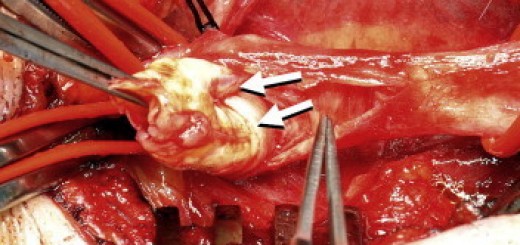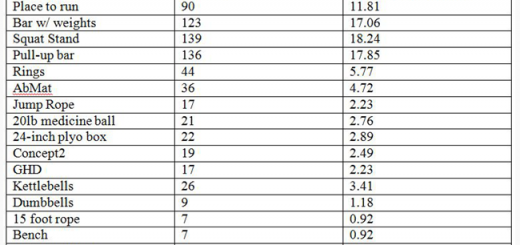The Female Athlete Triad, Part 2: Screening & Treatment Strategies
In the previous article we learned that Energy Levels/Eating Disorders; Menstrual Irregularities; and Bone Loss/Injury make up the Female Athletic Triad.
We dive in deeper to discover how to screen for and treat the above maladies to improve the athlete’s performance and maintain their safety.
In our first article we discussed the etiology of the Female Athlete Triad spectrum. In the second part of this series we will discuss screening and treatment options for athletes with this alarming condition.
 Screening and diagnosis of the Female Athlete Triad can be challenging for coaches, athletes, and medical professionals due to the fact that not all aspects of the Triad are apparent or fully developed. Diagnosis and screening for the Triad requires a complete understanding of each component as well as an understanding of the athlete in question. Research suggests that the optional screening times for female athletes could occur at any sports physical exam, annual gynecological exam, or annual wellness check with a family physician. If an athlete is identified as being at risk for the Triad then a follow up consultation would be scheduled with a team of medical professionals. A detailed medical history, menstrual history, psychosocial history, psychiatric history, and athletic/exercise history would be taken and evaluated.
Screening and diagnosis of the Female Athlete Triad can be challenging for coaches, athletes, and medical professionals due to the fact that not all aspects of the Triad are apparent or fully developed. Diagnosis and screening for the Triad requires a complete understanding of each component as well as an understanding of the athlete in question. Research suggests that the optional screening times for female athletes could occur at any sports physical exam, annual gynecological exam, or annual wellness check with a family physician. If an athlete is identified as being at risk for the Triad then a follow up consultation would be scheduled with a team of medical professionals. A detailed medical history, menstrual history, psychosocial history, psychiatric history, and athletic/exercise history would be taken and evaluated.Tests and Assessments
Laboratory tests should be administrated and can include an assessment of electrolytes, full chemistry profile, complete blood count, erythrocyte sedimentation rate, C-reactive protein, thyroid functioning test, and urinalysis. Sometimes an electrocardiogram may be advised for evaluating any arrhythmias and other issues. Additional laboratory testing may be required based on an athlete’s medical history, and physical examination.
Bone Mineral Density Testing
If an athlete has had a history with repeat injuries, chronic pain, stress fractures, or broken bones, a bone mineral density test may be administered. This testing is usually performed using dual-energy X-ray absorptiometry.
Treatment Recommendations
Initially the treatment plan should focus on immediately implementing an appropriate nutritional plan, and modifying athletic training and exercise. A team approach is best for the treatment of this complex condition. This team can include family members, a family physician, gynecologist, athletic coach, nutritionist, and psychotherapist. Treatment of the Triad should be focused on examining and resolving all aspects of the of the spectrum.
Cognitive Therapy/Psychotherapy
Many times athletes are referred to sports psychologists or general therapists to treat the many of the underlying issues present in the spectrum. Cognitive therapy is a popular choice for teaching athletes to alter their thinking and behaviors by examining the results of their choices and actions.
Nutritional Counseling/Supplementation
Monitoring the nutrition of the athlete as well as adding any additional supplementary vitamins and minerals may be necessary. Calcium, Vitamin D, and Vitamin K can be recommended to augment the therapeutic plan.
Pharmaceutical Therapy
Oral contraceptives may be recommended to combat amenorrhea, irregular menstrual cycle and bone health.
Overwhelmingly the current research suggests, the best way to prevent the detrimental health effects of the Triad is through educating coaches, athletes, and parents about early screening of female athletes that might be at risk.
Original article by: Mindith Rahmat at breakingmuscle.com





